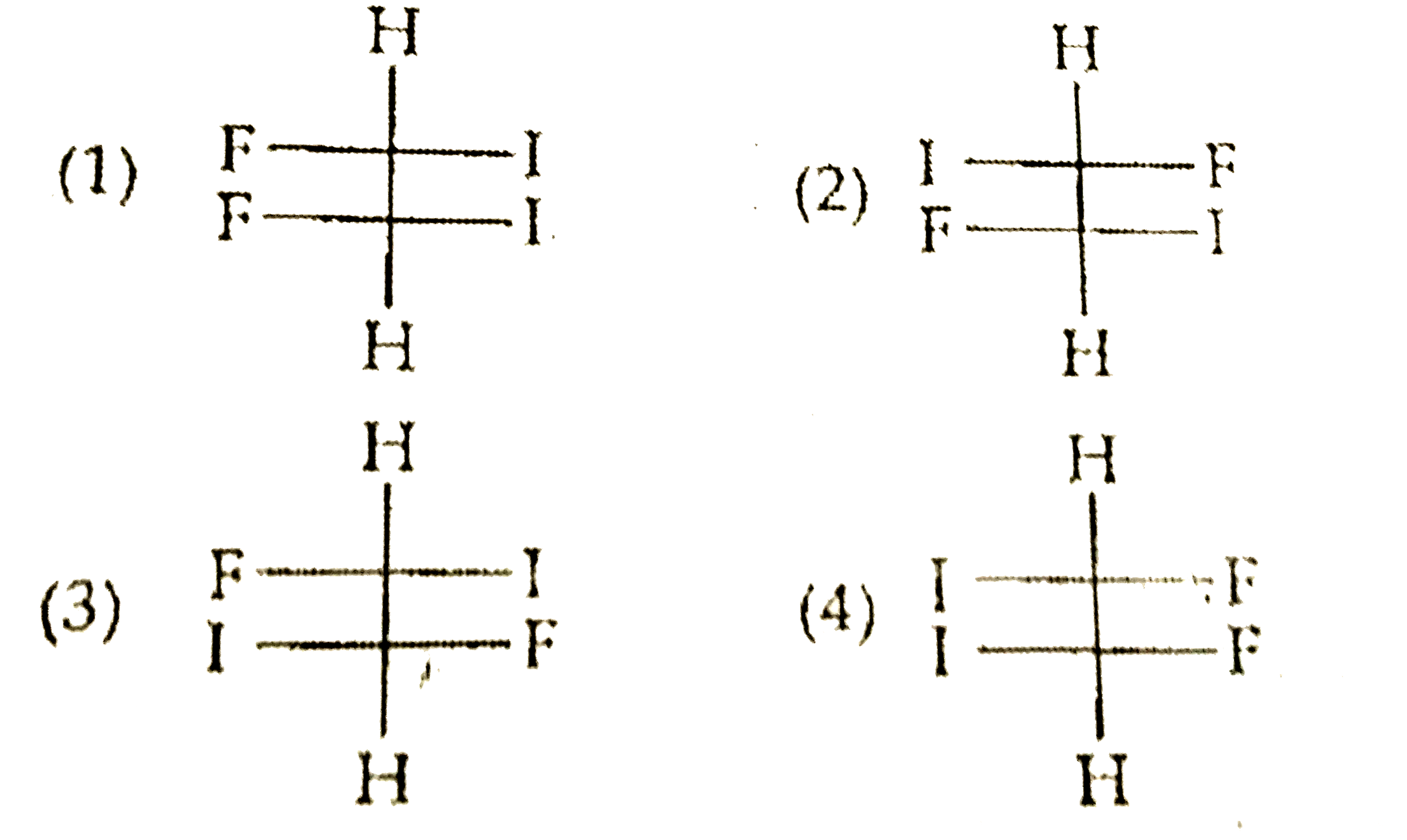Which of the following compounds produces an optically inactive compound on hydrogenation?
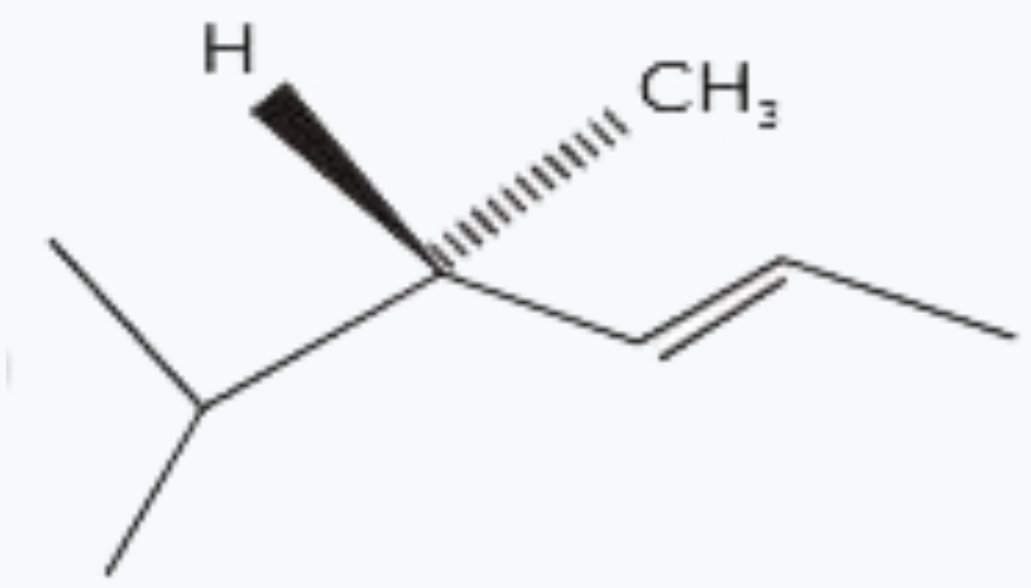
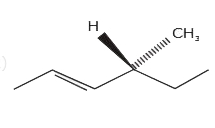
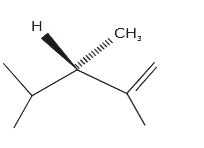

The correct Answer is:C
To solve the question "Which of the following compounds produces an optically inactive compound on hydrogenation?", we need to analyze the options provided and determine which compound, upon hydrogenation, results in a compound that lacks optical activity.
1. Understanding Optical Activity:
- A compound is optically active if it has at least one carbon atom that is chiral (asymmetric), meaning it is attached to four different groups. If a compound has a plane of symmetry or if it has two identical groups attached to a carbon, it is optically inactive.
2. Analyzing the Compounds:
- We will examine each option given in the question to see if hydrogenation leads to an optically inactive product.
3. Option 1:
- Consider a compound like propene (CH2=CH-CH3). Upon hydrogenation, it becomes propane (CH3-CH2-CH3), which is not chiral (it has no asymmetric carbon). Thus, it is optically inactive.
4. Option 2:
- If we take a compound like 1-butene (CH2=CH-CH2-CH3), hydrogenation will yield butane (CH3-CH2-CH2-CH3), which is also not chiral. Thus, it is optically inactive.
5. Option 3:
- Now consider a compound like 2-butene (CH3-CH=CH-CH3). Upon hydrogenation, it will yield butane (CH3-CH2-CH2-CH3), which is not chiral. However, if we consider cis and trans isomers, they can lead to different products, but in this case, the product remains the same (butane), which is optically inactive.
6. Option 4:
- If we take a compound like 2-pentene (CH3-CH=CH-CH2-CH3), upon hydrogenation, it will yield pentane (CH3-CH2-CH2-CH2-CH3), which is also not chiral. Thus, it is optically inactive.
7. Conclusion:
- After analyzing all the options, we find that the hydrogenation of compounds that do not have chiral centers will yield optically inactive products. The compound that produces an optically inactive compound upon hydrogenation is the one that leads to a product with no chiral centers.
Final Answer:
The compound that produces an optically inactive compound on hydrogenation is the one which, after the reaction, does not have any chiral centers.
- A compound is optically active if it has at least one carbon atom that is chiral (asymmetric), meaning it is attached to four different groups. If a compound has a plane of symmetry or if it has two identical groups attached to a carbon, it is optically inactive.
- We will examine each option given in the question to see if hydrogenation leads to an optically inactive product.
- Consider a compound like propene (CH2=CH-CH3). Upon hydrogenation, it becomes propane (CH3-CH2-CH3), which is not chiral (it has no asymmetric carbon). Thus, it is optically inactive.
- If we take a compound like 1-butene (CH2=CH-CH2-CH3), hydrogenation will yield butane (CH3-CH2-CH2-CH3), which is also not chiral. Thus, it is optically inactive.
- Now consider a compound like 2-butene (CH3-CH=CH-CH3). Upon hydrogenation, it will yield butane (CH3-CH2-CH2-CH3), which is not chiral. However, if we consider cis and trans isomers, they can lead to different products, but in this case, the product remains the same (butane), which is optically inactive.
- If we take a compound like 2-pentene (CH3-CH=CH-CH2-CH3), upon hydrogenation, it will yield pentane (CH3-CH2-CH2-CH2-CH3), which is also not chiral. Thus, it is optically inactive.
- After analyzing all the options, we find that the hydrogenation of compounds that do not have chiral centers will yield optically inactive products. The compound that produces an optically inactive compound upon hydrogenation is the one that leads to a product with no chiral centers.
The compound that produces an optically inactive compound on hydrogenation is the one which, after the reaction, does not have any chiral centers.
Topper's Solved these Questions
Similar Questions
Knowledge Check
An optically active compound
Arotates the plane of polarised lightBchanges the direction of polarised lightCdoes not allow plane polarised light to pass throughDnone of these.Which of the following compgunds would be optically inactive?
AH2=CH2B CH3C−CH=C=CH−CH3D
CH3C−CH=C=CH−CH3D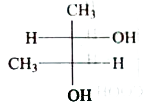
Which of the following compounds is optically inactive?
A B
B C
C D
D
Which of the following compound is achiral ( optically inactive )?
View SolutionWhich of the following compounds is optically active?
View SolutionWhich of the following compounds is optically active?
View SolutionWhich of the following compounds is optically active ?
View SolutionWhich of the following compound is optically inactive ?
View Solution

